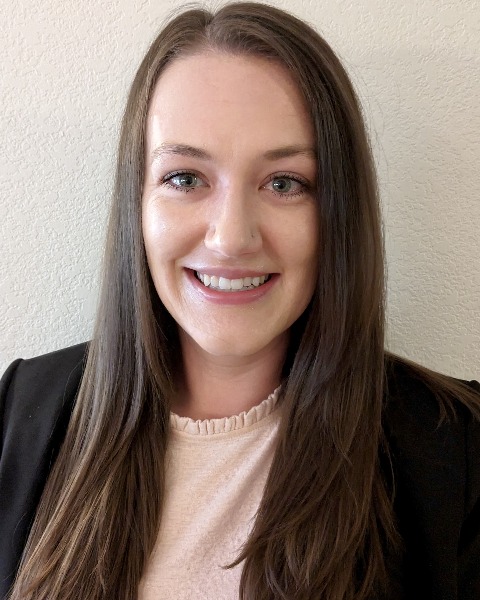Medical Education
Session: Medical Education 7
444 - Pediatric Senior Residents’ Role as Teachers: Understanding their Motivations and Growth
Saturday, May 4, 2024
3:30 PM - 6:00 PM ET
Poster Number: 444
Publication Number: 444.1478
Publication Number: 444.1478

Ellen Ribar, MD (she/her/hers)
Resident
University of Colorado School of Medicine
Denver, Colorado, United States
Presenting Author(s)
Background: The ACGME requires residents to participate in the education of students and other health professionals while pursuing lifelong learning. Prior studies have described the role of senior residents (SRs) as teachers, but a gap exists surrounding pediatric SRs’ role as teachers in the inpatient setting working with an interprofessional group of multilevel learners. Self-determination theory identifies three needs for self-motivation: autonomy, competence, and relatedness. It remains unclear what exactly motivates these residents in their roles as inpatient teachers.
Objective: To describe pediatric SRs’ role as a teacher in the inpatient setting using self-determination theory as a conceptual model.
Design/Methods: We recruited pediatric residents who completed at least one inpatient rotation at our free-standing children’s hospital as a SR for this qualitative study. Between November 2022 and October 2023, we conducted semi-structured, in-depth focus groups to inquire about their inpatient teaching experiences, using self-determination theory to guide questions and explore self-motivation. Interviews were recorded and professionally transcribed. A team of four (two pediatric residents and two pediatric hospital medicine faculty) inductively and iteratively identified codes, organizing them into themes through group discussions until consensus and thematic sufficiency were achieved.
Results: We conducted five focus groups, interviewing a total of ten pediatric SRs (10 PGY-3s). Data analysis revealed three categories related to SR perceptions of their inpatient teaching: 1) motivating factors, 2) detracting factors, 3) growth as teachers. SRs described feeling connected to their team, a desire to educate, and a professional responsibility as motivators to teach. Detractors to teaching included imposter syndrome, teaching to different levels of learners, and the mental energy and time needed to teach. The presence of additional team members, including residents on a teaching elective and the attending physician, either promoted or impeded SRs’ teaching motivation. Despite some detractors, SRs expressed they grew as teachers due to autonomy, feedback, and practice.
Conclusion(s): Our results highlight elements of self-determination theory and additional factors that influence SR growth and motivation for lifelong learning as inpatient teachers. Areas for further exploration include a better understanding of the impact of additional team members and professional development opportunities to support SRs as teachers in the inpatient setting.
.jpg)
